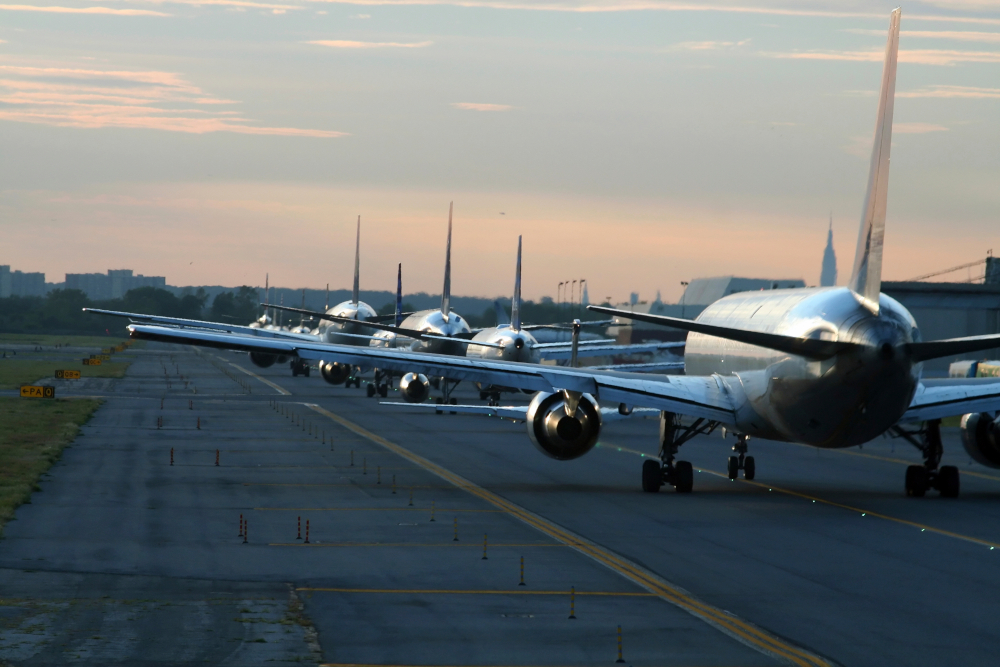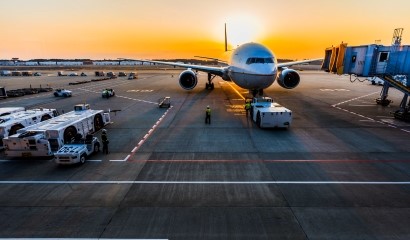Trusts with USD 12bn of India road investments plan IPOs
Indian road infrastructure trusts with a combined enterprise value of more than USD 12bn are preparing for public listings in an attempt to expand capital-raising options amid increased interest from domestic investors.
These include Cube Highways and Infrastructure, backed by I Squared Capital; IRB Infrastructure Developers, India’s biggest toll roads builder by assets; New Delhi-based Oriental Structural Engineers; and family office Shrem, sources told Infralogic. Asset manager Alpha Alternatives is planning a public listing of its Anantam Highways Trust, which was set up in August last year, and aims to initially raise INR 4bn (USD 47m), sources said last month.
A listing gives a trust the ability to quickly raise capital, such as through qualified institutional placements – a mechanism available only to publicly held companies in India. There is no lock-in period for investors – compared with three years for privately listed trusts – and there is better pricing flexibility. While private trusts are listed on the exchanges as well, trading volume is limited, given that the regulatory requirement of a minimum lot of INR 2.5m (USD 29,673) limits exit options.
“Many privately held trusts are at a stage where they need large fundraises and more liquidity for their unitholders,” said Subahoo Chordia, Co-CEO at Mumbai-based asset manager EAAA India Alternatives, earlier known as Edelweiss Alternative Asset Advisors. The entities need to broaden their investor base so that they can fund growth through acquisitions and remain competitive, said Chordia, who expects some consolidation among trusts.
The likes of HDFC Life Insurance, SBI Life Insurance, Kotak Mutual Fund, ICICI Mutual Fund and DSP Mutual Fund were among the top five shareholders in the two most recently listed trusts. Both investment vehicles also drew participation from individuals as well as non-resident Indians.
Indus Infra Trust, which listed in March 2024, has an 85% public float of which 20.8% is with mutual funds, 3.6% with insurance companies and pension funds, 7.1% with individuals and 0.2% with non-resident Indians. The remaining is with Indian companies, trusts and non-bank lenders. This January, Capital Infra Trust offered 58% of its units to the public. Insurance companies and pension funds bought 15%; mutual funds 11.5%; and individuals 6.4%.
There is interest also from family offices: Mumbai-based Alpha Alternatives secured a first close at USD 450m from Indian family offices last November for its maiden infrastructure fund. Neo Asset Management raised about USD 120m of domestic capital till around March last year.
Search for Security
“Over the last one or two years, domestic investors have become discerning and now distinguish between construction risk through exposures in construction companies, versus more secure investments in infrastructure trusts that provide access to cashflows generated by operating assets,” said Abishek Goel, managing director and head of infrastructure and real assets funds at Mumbai-based Neo Asset Management, which oversees alternative assets.
The National Highways Authority of India has a USD 25bn development pipeline and is also likely to resume its toll, operate, transfer (TOT) series of auctions that has raised more than USD 5bn in the past seven years. Bidders for the TOT projects have included Macquarie Asset Management, CPP Investments, Caisse de dépôt et placement du Québec, Cube Highways and Infrastructure, as well as private equity firm KKR.
Moody’s local arm ICRA predicts that toll revenue will increase by 5% to 8% in the current fiscal year through March 2026, a spokesperson said in an email to Infralogic. Collections doubled in a five-year period through March 2024 to INR 568.8bn, according to local media citing Minister for Roads Transport and Highways Nitin Gadkari.
The National Highways Authority of India (NHAI) reviews toll rates every April, linking it to the change in the country’s Wholesale Price Index in the previous December. The fees were increased by 4%-5% this year, compared with an average of 5% in 2024 and 7% in the previous year.
Quality Concerns
The challenges that global investors – which prefer to avoid construction risk – face, includes build quality. In the last two months, the NHAI has fined and debarred two companies – Megha Engineering and KNR Constructions – from participating in future bids after embankments and slope protection on their projects collapsed.
I Squared Capital-backed Cube Highways pulled out of a deal to buy five highways from KCC Buildcon last year after it found quality issues, sources told Infralogic at the time. Privately owned Oriental Infra Trust, which was established in 2019, has been unable to grow its asset base. Its investors – the Hong Kong Monetary Authority, the Asian Infrastructure Investment Bank, International Financial Corporation, and Germany-based Deutsche Investitions- und Entwicklungsgesellschaft (DEG) – have been unwilling to commit more funds.
All of the investors tried to exit the trust, once in August 2023, and then again about a year later, unhappy with Oriental’s inability to expand the portfolio. The trust is now acquiring two highway concessions from its parent company so it can convert to a publicly listed entity with an asset base of interest to the market, and provide an exit to its investors.

From the time the first infrastructure trust was set up in India in 2017 – a roads vehicle by IRB Infrastructure Developers – there are now 14 of these that have registered with the Securities and Exchange Board of India.
Four are publicly traded while nine are privately held. One is in the process of a public listing. The private trusts can be classified into two groups – with four of them having an enterprise value higher than USD 2.2bn each – and the remaining five lower than about USD 1.5bn each, as of the end of March 2024. The smallest one has an enterprise value of USD 687m.
EAAA India Alternatives, which has investments in 21 highway concessions, is planning its own roads trust. It may either set up one or acquire an existing trust, said Chordia.
“You need investors that are willing to deploy quickly if there is a bidding opportunity with the NHAI, or if one is able to secure some assets through acquisitions from the secondary market,” said Swapneil Akut, partner at law firm S&R Associates, which is advising clients that are working towards public listings of their road infrastructure trusts. He did not disclose the names of the clients.










